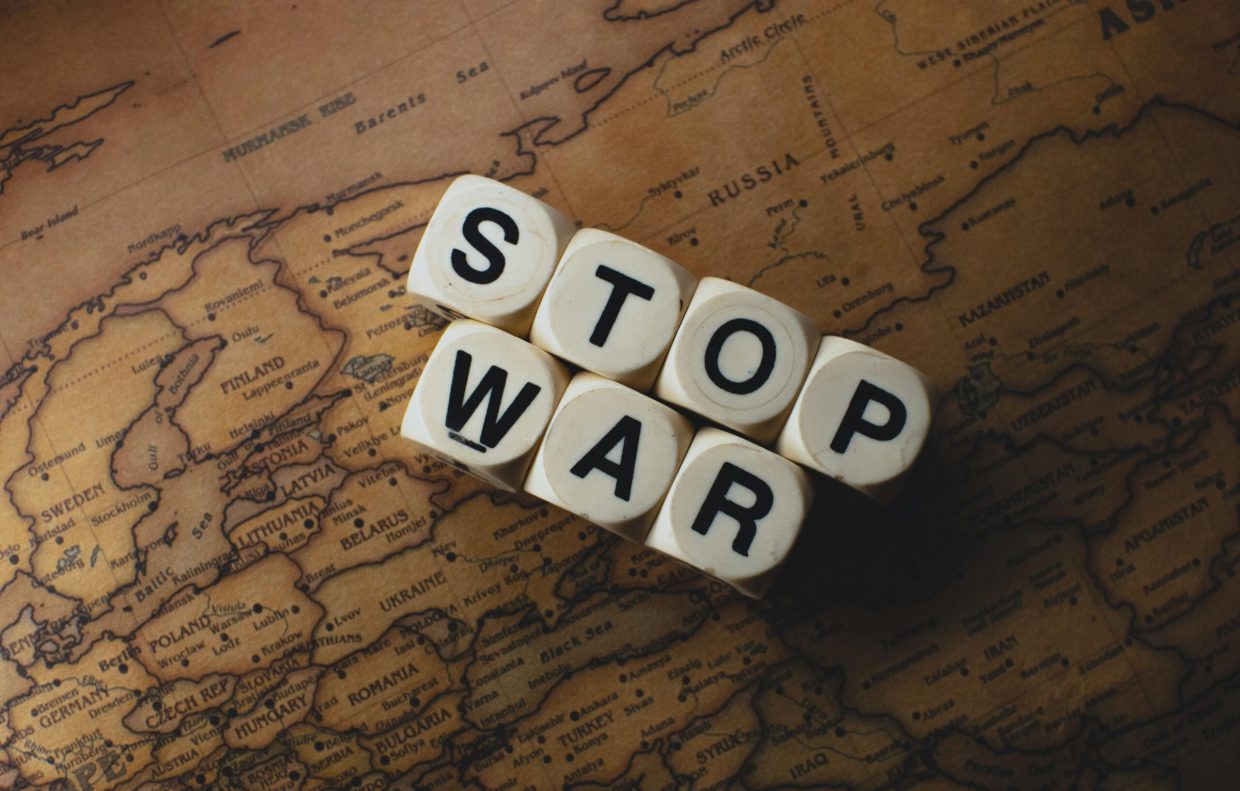War leaves deep scars—not only on the battlefield but also within the political landscape. When a nation faces defeat, the consequences ripple far beyond the immediate loss, reshaping governments, policies, and public sentiment in profound ways. In this article, we’ll explore what typically happens in the aftermath of military defeat, examining the political fallout and the paths countries often take as they grapple with the challenge of moving forward. Whether you’re a history enthusiast or simply curious about how nations recover and rebuild, this discussion aims to shed light on the complex journey that follows the end of conflict.
Table of Contents
- Political Leadership Challenges and the Quest for Accountability
- Economic Consequences and Strategies for Sustainable Recovery
- Rebuilding National Unity Through Inclusive Dialogue
- Formulating Foreign Policy Strategies to Restore International Trust
- Key Takeaways
Political Leadership Challenges and the Quest for Accountability
In the aftermath of military defeat, political leaders often find themselves navigating treacherous waters filled with public scrutiny, internal party dissent, and pressure from opposition forces. The challenge lies not only in managing the immediate fallout but also in restoring public trust, which can be severely eroded. Leaders face demands for transparency, accountability, and sometimes even resignations or reshuffles within their administration. Balancing national unity while addressing calls for responsibility requires a nuanced approach, as hasty decisions may deepen divisions instead of healing them.
Accountability mechanisms, both formal and informal, become pivotal during such times. These include:
- Parliamentary inquiries that seek to uncover the causes and decision-making errors
- Independent commissions charged with unbiased investigations
- Public forums and media engagement to foster transparency and civic dialogue
- Internal reforms designed to prevent future strategic failures
Ultimately, the true test of leadership emerges in how effectively these challenges are met—not only through blame but in crafting a forward-looking agenda that addresses systemic issues and rebuilds national confidence.
Economic Consequences and Strategies for Sustainable Recovery
In the aftermath of a war defeat, economies often face severe disruption, from shattered infrastructure to plummeting investor confidence. Addressing these challenges requires a multi-faceted approach focused not only on rebuilding physical assets but also on restoring the social fabric and economic stability. Emphasizing inclusive growth initiatives can help bridge divides that conflict may have widened. Key strategic actions include:
- Investing in critical infrastructure such as transportation and energy to catalyze economic activity.
- Supporting small and medium enterprises (SMEs) to revive local markets and generate employment.
- Implementing social safety nets to protect the most vulnerable populations during the transition period.
- Promoting transparency and good governance to rebuild trust in institutions and attract foreign investment.
Moreover, sustainable recovery hinges on long-term planning that integrates environmental considerations and resilience to future shocks. Governments and international partners must collaborate to ensure that recovery funding isn’t merely a short-term fix but a foundation for a robust, diversified economy. Prioritizing education, technological adoption, and sustainable agriculture can create pathways to stability and strengthen a nation’s capacity to withstand future uncertainties.
Rebuilding National Unity Through Inclusive Dialogue
Healing a nation fractured by conflict demands more than just political agreements—it requires a commitment to truly listen and engage every voice. Inclusive dialogue serves as a bridge connecting diverse groups, ideologies, and communities, fostering empathy and mutual understanding. It creates the space for collective reflection, allowing citizens to confront painful memories while envisioning a shared future. Rebuilding trust isn’t an overnight task; it’s a gradual process built on transparency, respect, and the acknowledgment of past grievances.
To lay the groundwork for sustainable peace, leaders and communities must prioritize:
- Facilitating open forums that include marginalized and minority groups
- Encouraging grassroots participation alongside institutional negotiations
- Promoting educational initiatives that highlight the importance of reconciliation
- Ensuring accountability mechanisms are in place to address wartime injustices
By championing these efforts, the nation can move beyond division toward a more unified identity—one where diversity is seen not as a threat, but as a source of strength.
Formulating Foreign Policy Strategies to Restore International Trust
In the aftermath of military defeat, rebuilding international trust demands a nuanced and transparent approach. Nations must demonstrate a clear commitment to diplomacy, accountability, and mutual respect to mend frayed alliances and reassure global partners. Strategic engagement should prioritize dialogue over confrontation, emphasizing cooperative frameworks that address shared security concerns and economic stability. This involves acknowledging past mistakes without deflecting blame, thereby fostering an environment conducive to lasting trust and renewed collaboration.
Practical steps to regain credibility on the world stage often include:
- Initiating confidence-building measures such as joint military exercises or transparent information sharing.
- Participating actively in international organizations to contribute constructively to global governance and crisis resolution.
- Promoting humanitarian initiatives that prioritize human rights and post-conflict reconstruction efforts.
By endorsing these strategies, countries not only repair diplomatic rifts but also lay the foundation for sustainable peace and mutual understanding in the aftermath of conflict.
Key Takeaways
In the wake of a lost war, the political landscape is often marked by uncertainty, reflection, and transformation. While the immediate aftermath can be turbulent, it also presents an opportunity for nations and leaders to reassess priorities, rebuild trust, and chart a new course forward. Understanding the complexities of this process helps us appreciate the resilience and adaptability inherent in political systems. As history shows, what comes next is not just about recovery, but about learning from the past to create a more stable and hopeful future. Thank you for reading, and stay tuned for more insights on how politics shapes—and is shaped by—the forces of conflict and change.













